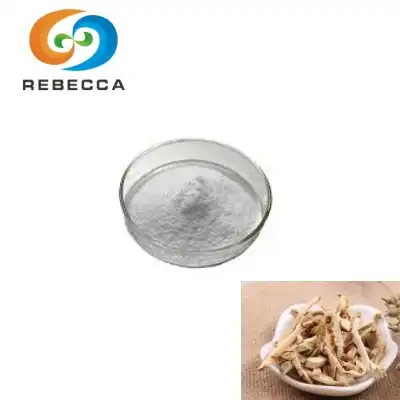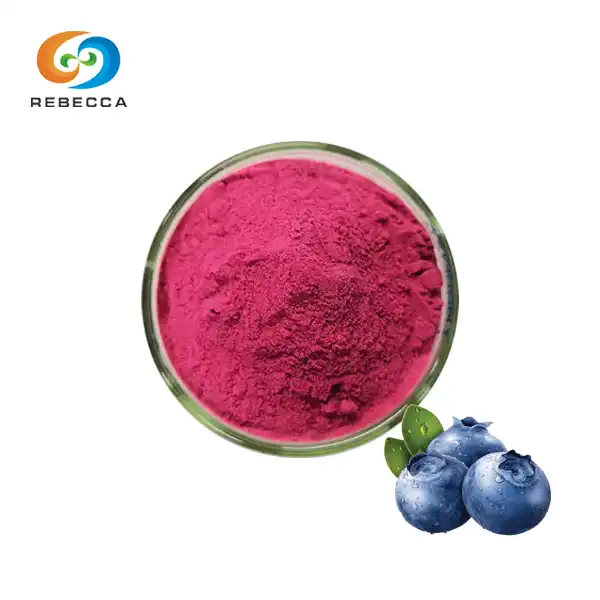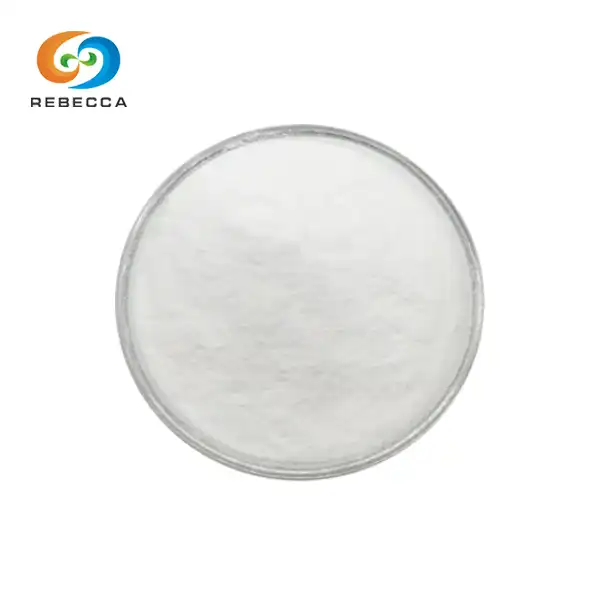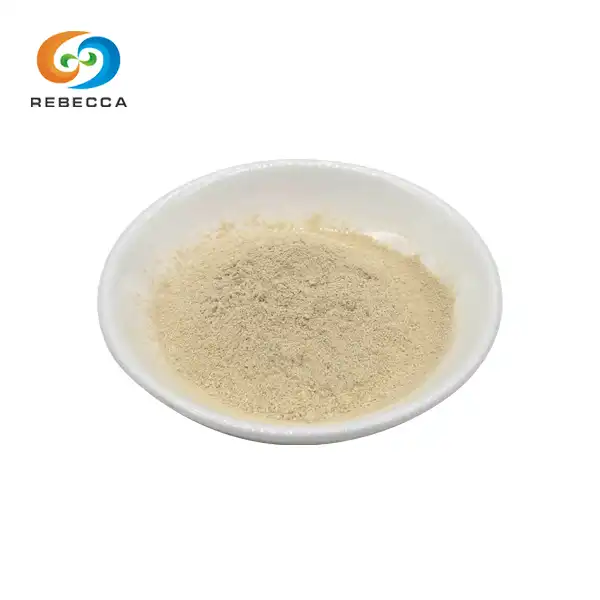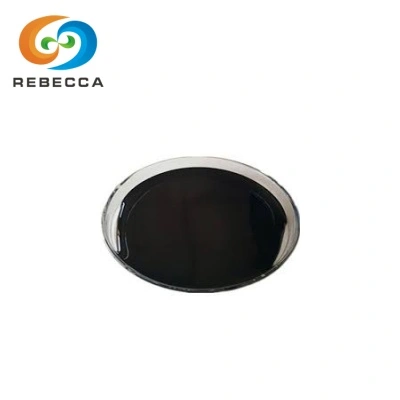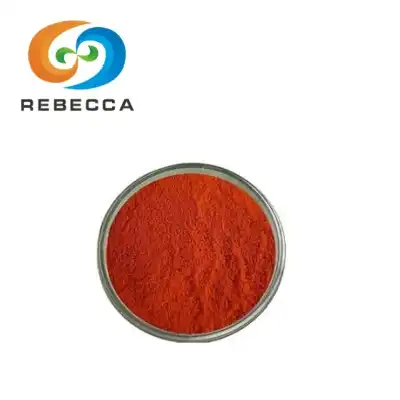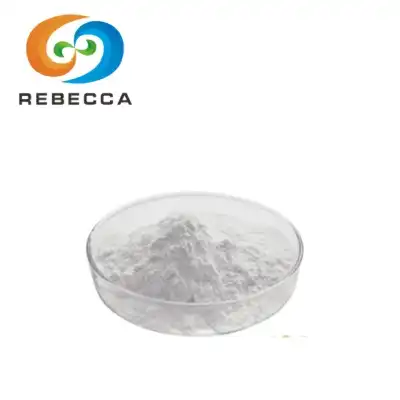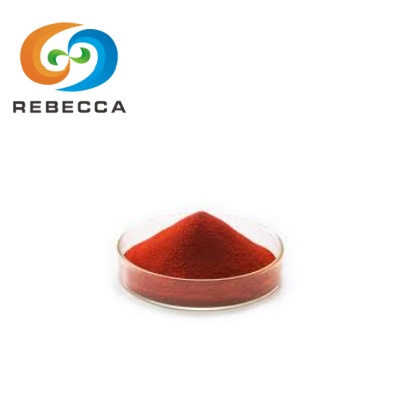Curcumin Pills VS Turmeric Powder
When it comes to harnessing the power of curcumin, the active compound in turmeric, consumers often face a choice between curcumin pills and turmeric powder. Both forms offer unique benefits, but their efficacy and applications differ significantly. Curcumin powder, a concentrated extract, boasts higher levels of active compounds compared to raw turmeric powder. However, turmeric powder provides a more holistic approach with its natural blend of curcuminoids and other beneficial components. This comparison aims to shed light on the strengths and limitations of each form, helping you make an informed decision based on your specific health and wellness goals
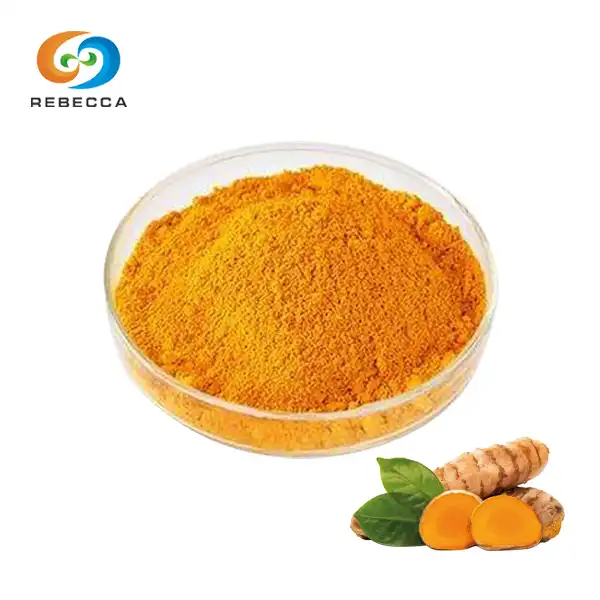
Product name: Curcumin
Latin Name: Curcuma longa L.
CAS No.: 458-37-7
Molecular Formula: C21H20O6
Active ingredients: Curcumin, demethoxycurcumin, bisdemethoxycurcumin.
Specification: Curcuminoids 10%~ 95%
Use Part : Subterranean rhizome
Appearance: Orange yellow powder
Mesh size:80 Mesh
Test Method: HPLC
Composition
Active Compounds in Curcumin Pills
Curcumin pills typically contain a standardized extract of curcuminoids, the primary active compounds found in turmeric. These pills often boast a high concentration of curcumin, usually ranging from 95% to 98% curcuminoids. This concentrated form allows for a precise dosage of the active ingredient, making it easier for consumers to track their intake.
The extraction process used to create curcumin powder for pills involves sophisticated techniques that isolate and purify the curcuminoids from raw turmeric. This results in a potent product that's free from many of the other compounds naturally present in whole turmeric root.
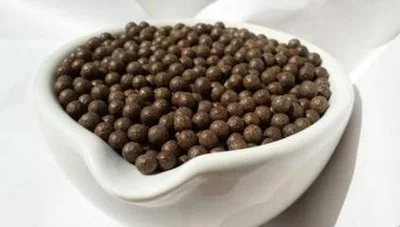
Turmeric Powder's Natural Curcuminoid Content
In contrast, turmeric powder is derived directly from the dried and ground rhizome of the Curcuma longa plant. It contains a natural spectrum of curcuminoids, typically ranging from 2% to 5% by weight. While this concentration is lower than that found in curcumin pills, turmeric powder offers a more diverse phytochemical profile.
Alongside curcuminoids, turmeric powder contains essential oils, proteins, and other beneficial compounds that may work synergistically to enhance overall health benefits. This complex composition mirrors the traditional use of turmeric in Ayurvedic and Chinese medicine.
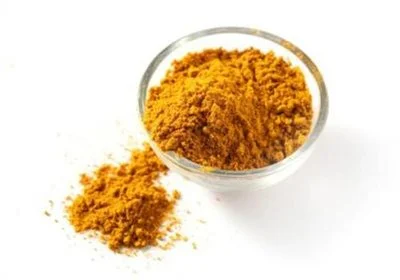
Additives and Fillers: Pills vs. Pure Powder
Curcumin pills often include additional ingredients to improve bioavailability or aid in the manufacturing process. Common additives include piperine (black pepper extract) to enhance absorption, cellulose or rice flour as fillers, and sometimes flow agents or preservatives. These additives can be beneficial but may also introduce potential allergens or unwanted substances for some consumers.
Pure turmeric powder, on the other hand, is typically free from additives when purchased as a single-ingredient product. This purity appeals to those seeking a more natural approach or those with sensitivities to common pill additives. However, the lack of bioavailability enhancers in pure turmeric powder may result in lower absorption rates of curcuminoids compared to specially formulated pills.
Bioavailability
Absorption Rates: Curcumin Pills vs. Turmeric Powder
The bioavailability of curcumin is a crucial factor in determining the effectiveness of both pills and powder forms. Curcumin, in its natural state, has poor absorption in the human body due to its low solubility in water and rapid metabolism. Curcumin pills often address this issue through various formulation strategies.
Advanced curcumin pill formulations may incorporate technologies such as nanoparticles, emulsions, or phospholipid complexes to enhance absorption. These methods can significantly increase the bioavailability of curcumin, allowing for greater uptake in the bloodstream and potentially more potent effects at lower doses.
Turmeric powder, while less bioavailable in its raw form, may benefit from traditional preparation methods that naturally enhance absorption. For instance, combining turmeric powder with fats in cooking or with black pepper can improve its bioavailability to some extent.
Piperine's Role in Enhancing Curcumin Absorption
Piperine, the active compound in black pepper, plays a significant role in enhancing curcumin absorption. Many curcumin pills include piperine as a standard ingredient, typically in the form of BioPerine®, a patented black pepper extract. Research has shown that piperine can increase curcumin bioavailability by up to 2000%.
This dramatic improvement in absorption is attributed to piperine's ability to inhibit certain enzymes that metabolize curcumin in the liver and intestines. By slowing down this metabolic process, piperine allows more curcumin to enter the bloodstream intact.
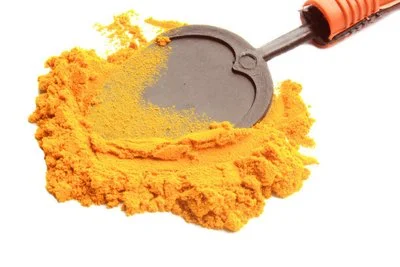
Liposomal Curcumin: A Game-Changer in Bioavailability?
Liposomal curcumin represents a cutting-edge approach to improving bioavailability. This technology encapsulates curcumin molecules within tiny lipid bubbles called liposomes. These liposomes can easily pass through cell membranes, delivering curcumin directly into cells.
Studies have shown that liposomal curcumin can achieve significantly higher blood concentrations compared to standard curcumin formulations. This enhanced delivery system may lead to greater efficacy at lower doses, potentially reducing the risk of side effects associated with high-dose curcumin supplementation.
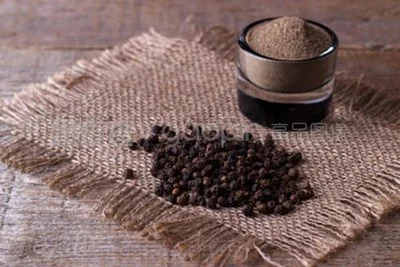
Uses & Efficacy
Anti-inflammatory Properties: Pills vs. Powder
Both curcumin pills and turmeric powder are renowned for their anti-inflammatory properties. However, the efficacy and application of these properties can differ between the two forms. Curcumin pills, with their concentrated and often enhanced bioavailability, may provide more potent anti-inflammatory effects, particularly in cases where higher doses are required.
Research has shown that curcumin can modulate various inflammatory pathways in the body, potentially offering benefits for conditions characterized by chronic inflammation. The standardized nature of curcumin pills allows for more precise dosing in clinical settings, making them a preferred choice for many health practitioners.
Turmeric powder, while less concentrated, offers a more holistic approach to inflammation management. The synergistic effects of various compounds in whole turmeric may provide broader spectrum benefits. Additionally, the regular consumption of turmeric powder as part of a balanced diet may contribute to long-term anti-inflammatory support.

Curcumin for Joint Health: Supplement Forms Compared
Joint health is an area where both curcumin pills and turmeric powder have shown promising results. Curcumin pills, particularly those with enhanced bioavailability, have demonstrated efficacy in reducing joint pain and improving function in individuals with osteoarthritis and rheumatoid arthritis.
The concentrated nature of curcumin pills allows for higher doses to be delivered directly to affected areas. This targeted approach may be particularly beneficial for those seeking rapid relief from acute joint discomfort.
Turmeric powder, while potentially less potent in immediate effect, may offer cumulative benefits when consumed regularly as part of a balanced diet. Its natural composition, including essential oils and other phytonutrients, could provide additional support for overall joint health beyond the effects of curcumin alone.

Turmeric in Culinary vs. Therapeutic Applications
Turmeric powder shines in culinary applications, adding flavor, color, and potential health benefits to a wide range of dishes. Its versatility in cooking allows for easy incorporation into daily meals, potentially providing a consistent, low-dose exposure to curcumin and other beneficial compounds over time.
From a therapeutic standpoint, the culinary use of turmeric powder may not deliver sufficiently high doses of curcumin for specific health concerns. However, its regular consumption as part of a varied diet could contribute to overall wellness and potentially offer preventive health benefits.
Curcumin pills, on the other hand, are designed specifically for therapeutic use. They offer a convenient way to consume higher doses of curcumin without the need to dramatically alter dietary habits. This makes them particularly suitable for individuals seeking targeted health benefits or those participating in clinical studies.
The choice between curcumin pills and turmeric powder ultimately depends on individual health goals, preferences, and lifestyle factors.
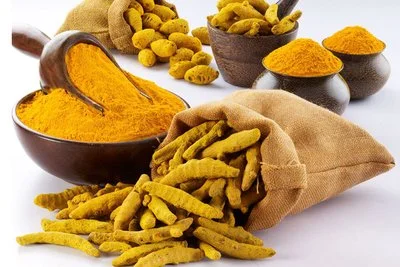
Pure Curcumin Powder Supplier
For those seeking high-quality curcumin powder for supplement formulation or research purposes, Shaanxi Rebeccia stands out as a leading supplier. Our production base is equipped with internationally leading extraction, separation, and purification equipment, and operates in strict compliance with GMP and ISO standards. From raw material procurement to finished product delivery, every step undergoes rigorous quality control to ensure the safety and efficacy of our products. We offer curcumin with specifications ranging from 10% to 95% curcuminoids, derived from the subterranean rhizome of Curcuma longa. Our orange-yellow powder, available in 80 mesh size, is tested using HPLC methods to guarantee potency and purity. For inquiries about our herbal extracts, contact us at information@sxrebecca.com.
References
- Anand, P., et al. (2007). Bioavailability of curcumin: problems and promises. Molecular Pharmaceutics, 4(6), 807-818.
- Hewlings, S. J., & Kalman, D. S. (2017). Curcumin: A Review of Its Effects on Human Health. Foods, 6(10), 92.
- Prasad, S., Tyagi, A. K., & Aggarwal, B. B. (2014). Recent developments in delivery, bioavailability, absorption and metabolism of curcumin: the golden pigment from golden spice. Cancer Research and Treatment, 46(1), 2-18.
- Shoba, G., et al. (1998). Influence of piperine on the pharmacokinetics of curcumin in animals and human volunteers. Planta Medica, 64(4), 353-356.
- Daily, J. W., Yang, M., & Park, S. (2016). Efficacy of Turmeric Extracts and Curcumin for Alleviating the Symptoms of Joint Arthritis: A Systematic Review and Meta-Analysis of Randomized Clinical Trials. Journal of Medicinal Food, 19(8), 717-729.
